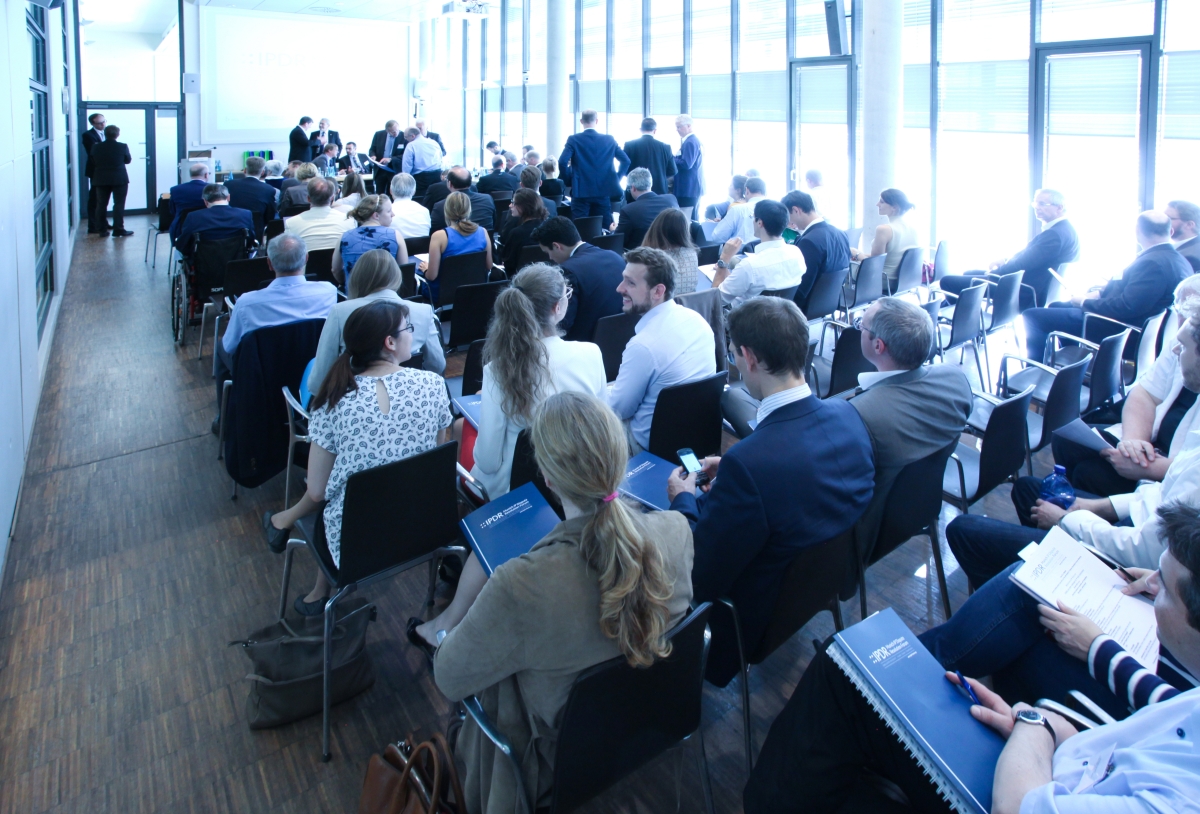IPDR FORUM
Infringement proceedings concerning patents and other IPRs are traditionally dealt with by the national courts. Arbitral proceedings or mediation in this respect are rare, mostly because such proceedings need to be based on a mutual agreement between the parties and in the case of unilateral infringement of intellectual property rights, this is only achieved in rare exceptional cases. However, in contract related issues concerning intellectual property rights alternative dispute resolution is not uncommon. This is not least due to the fact that the territorially limited scope of state court proceedings no longer meets the requirements of current international economic processes. Also, a court proceeding subjected to the policy of public trials may often run into confidentiality concerns.
However, in the course of the recent patent infringement disputes surrounding telecommunications, technological inventions and telecommunications standards, the area of classical infringement disputes is also increasingly coming into the focus of arbitrational interest. As far as patent infringement lawsuits are based on so-called standard essential patents, the Commission has found in two decisions on 29 April 2014, in the matter of Motorola and Samsung, that the enforcement of injunctive relief constitutes an abuse of a dominant position, if the patentee has submitted a declaration of willingness to grant FRAND licenses and the standard user is willing to accept a license on FRAND terms. In practice, this leads to unresolved issues in defining the corresponding willingness to license. According to the European Commission, the willingness to license can, for example, be expressed by the fact that the license framework conditions offered by a patent holder are accepted, in which the determination of FRAND terms, in the event of a breakdown in contractual negotiations, is entrusted to a state or arbitral tribunal for clarification. Even in its Horizontal Guidelines, the European Commission basically assumes that arbitrational clarification constitutes a suitable approach for the determination of FRAND terms. Also, the CJEU mentions in its Huawei v. ZTE (C-170/13) decision that when no agreement on the details of the FRAND terms can be reached between the user and the patent holder, the parties may request that the amount of the royalty be determined by an independent third party. The details of such a third party determination within the FRAND negotiation framework set up by Huawei v. ZTE is another point that needs clarification.
Similarly, the provisions regarding the new unified patent system and the Unified Patent Court provide for the creation of a special arbitration and mediation centre. With a view to the future European patent law regime, the issue of arbitral jurisdiction and alternative dispute resolution is therefore bound to attract interest.
Can arbitration procedures and other methods of alternative dispute resolution replace or complement traditional court proceedings? Are there specific prerequisites or limits to be considered? This is to be examined and discussed in a series of events. We will try to shed some light on questions like: Which authority should administer any such arbitration? Does the initiative for this have to come from the business and industry sector? To what extent may the fundamental right to get access to justice and consumer protection take precedence over the desire for internationality, promptness and confidentiality? What peculiarities should be considered in the procedural designing of an arbitration or mediation process in the IP area, for example, in order to get to grips with complex licensing calculations and detailed technical problems? With regards to SEP disputes: is it sufficient to rely on the arbitration rules WIPO has adopted for FRAND disputes or do we need more fundamental changes? The Munich IP Dispute Resolution Forum will provide a discussion platform to facilitate the exchange between research and practice and to contribute to the development of solutions to these issues.
DOWNLOAD

